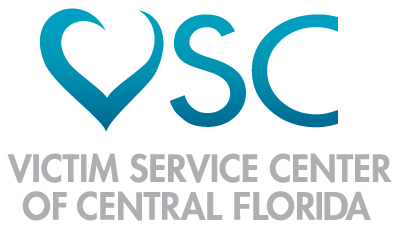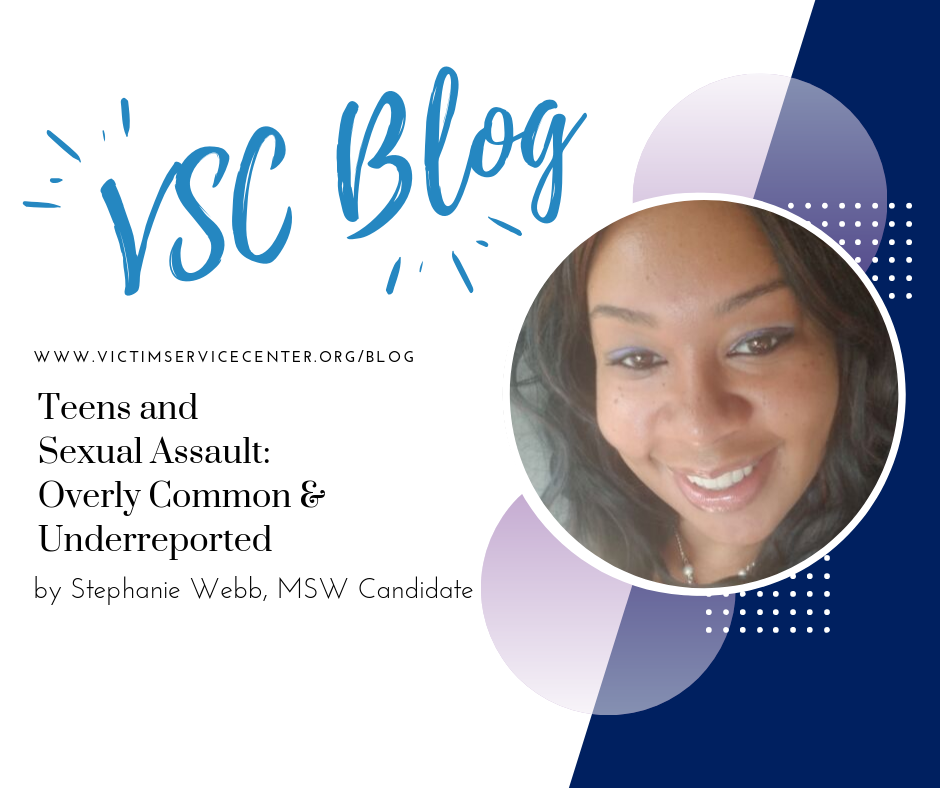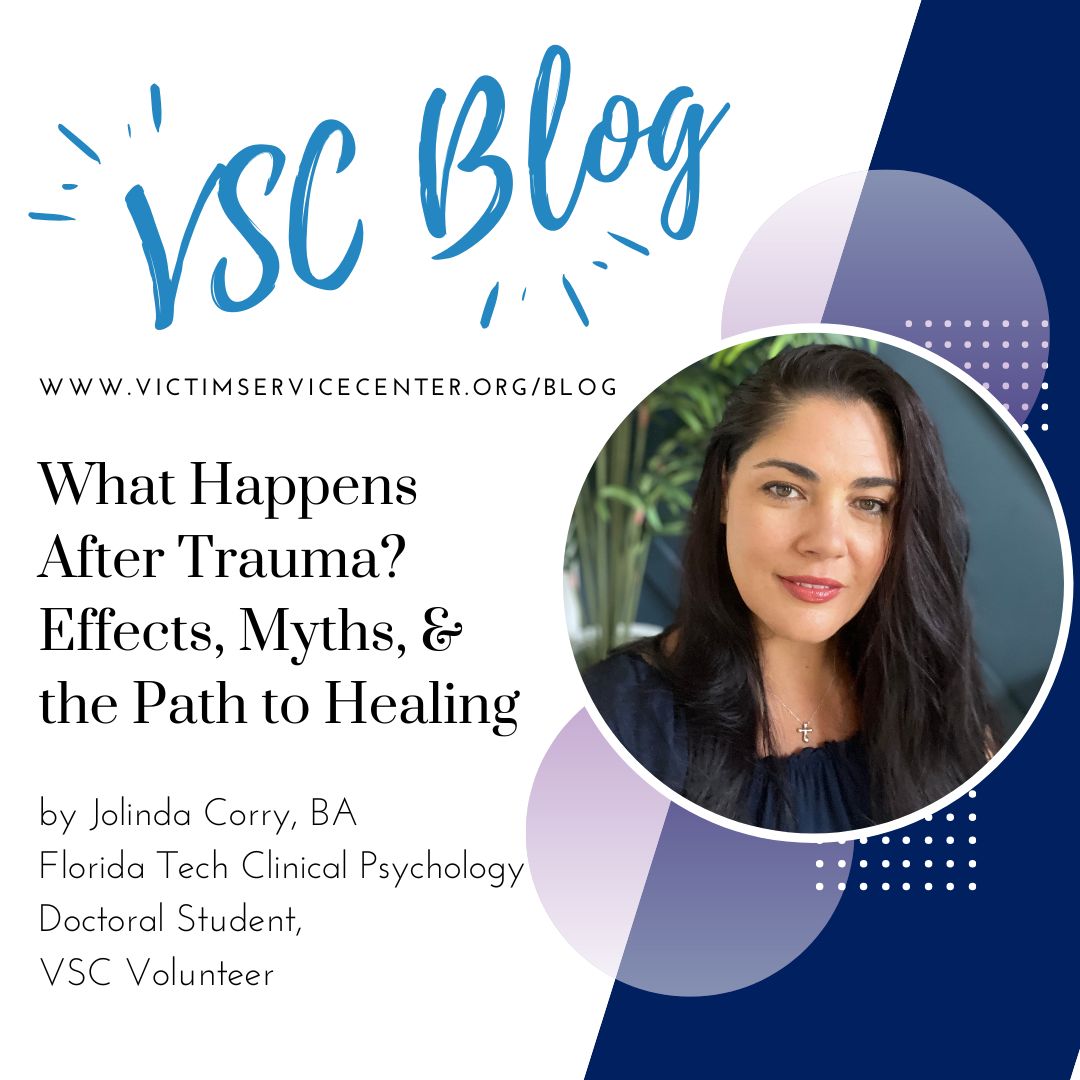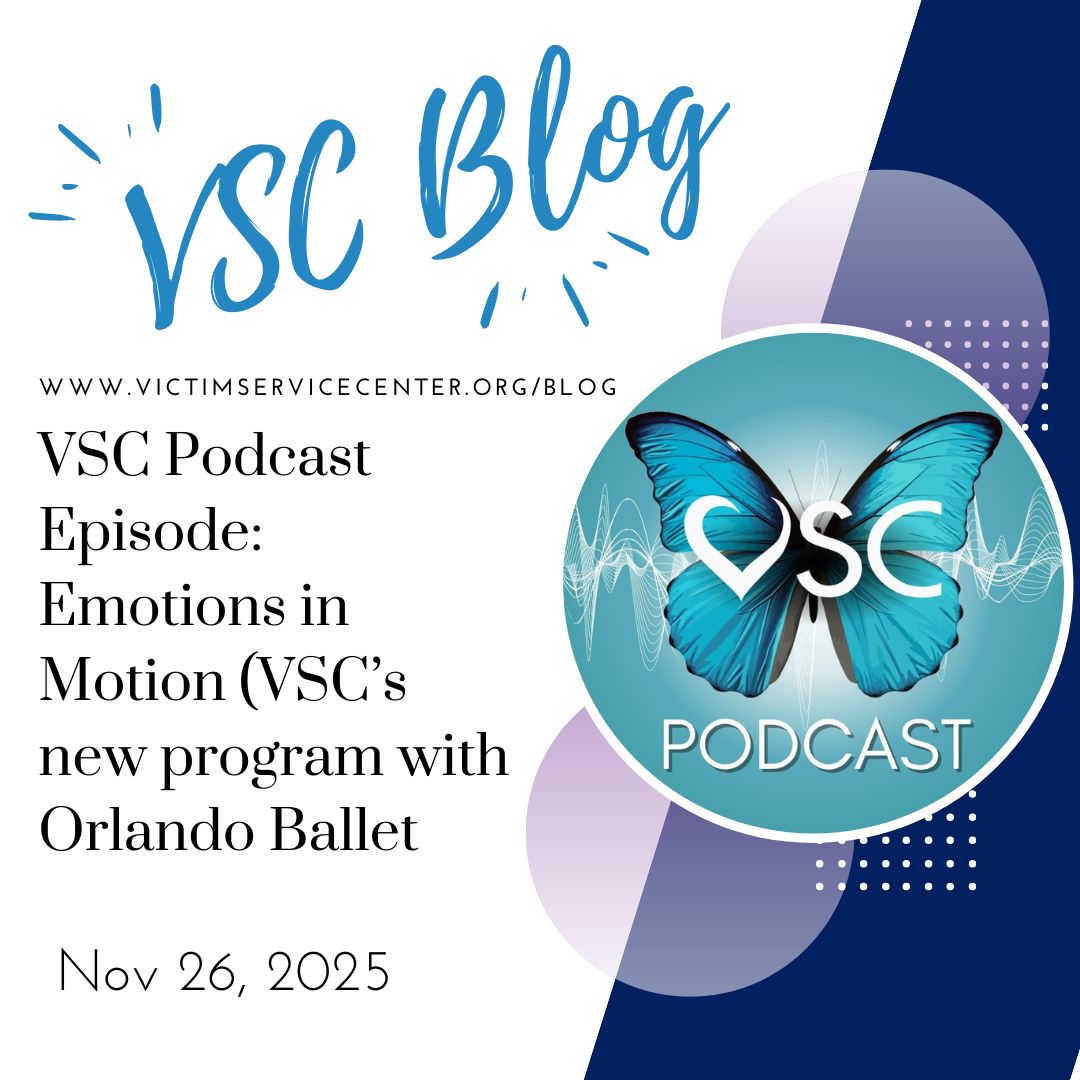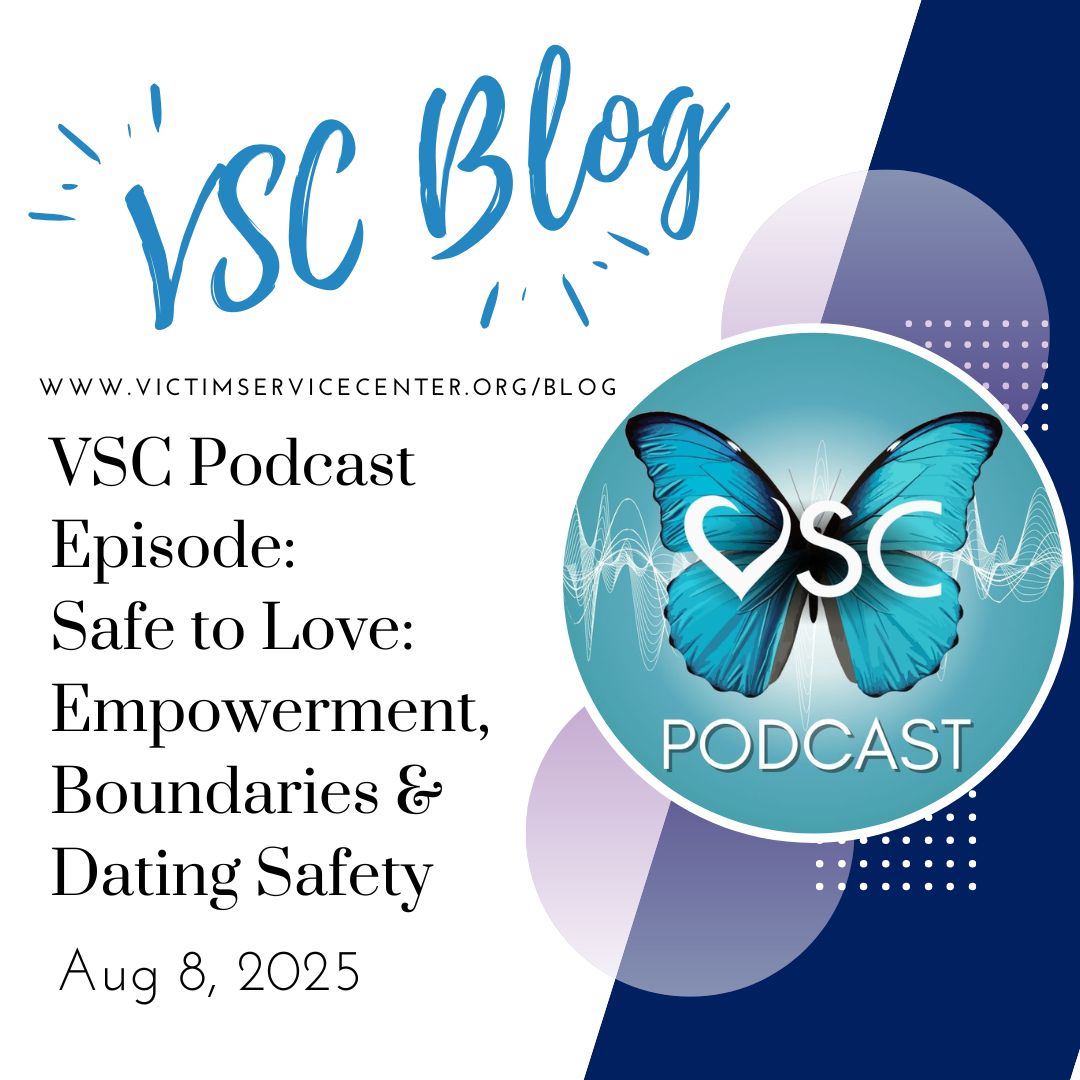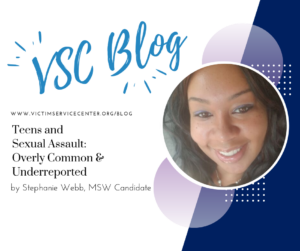
by Stephanie Webb, MSW Candidate
Teenage sexual assault and violence are two important issues that are constantly unreported, under-addressed and buried within the souls and minds of the teenagers victimized by this experience.
What is Teen Sexual Assault and Violence?
Sexual assault is any type of unwanted sexual contact; it does not always include intercourse and is not always violent. Sexual assault includes any contact with private body parts (e.g., breasts, genitals, buttocks) that is unwanted, not consensual, or forced on someone.
Younger people are at the highest risk of sexual violence with the majority of sexual assault victims being under 30 and 15% of victims being between the age of 12-17 years old.
Teen Sexual Abuse Statistics
- A victim of one incident of teen sexual abuse is likely to experience further sexual abuse.
- Teenagers account for 51% of all reported sexual abuse
- Teenagers between the ages of 16 and 19 are 3.5 times more likely than the general public to be victims of sexual abuse.
- 69% of the incidences of teen sexual abuse occur in a residence.
- 23% of all sexual offenders are under the age of 18
- Females ages 16-19 are 4 times more likely than the general population to be victims of rape, attempted rape, or sexual assault
- Female victims of teen sexual abuse while in grades 9 through 12 are more likely than others to experience eating disorders, suicidal behavior, pregnancy and risky sexual behaviors.
- About 32,000 pregnancies are the result of rape each year.
Am I at risk for Teen Sexual Assault?
Any teen can be a victim of sexual assault no matter their gender identity or sexual orientation: female, male, nonbinary, gay, straight, lesbian, bisexual, transgender, questioning or queer. Perpetrators are typically someone you trust and know, like a boyfriend, girlfriend, a friend or acquaintance; however, sometimes the offender can be a stranger. Sexual assault against a teen happens when consent (making an active choice to agree to a sexual encounter) is not given, taken away, or you are coerced (feeling pressured or emotionally forced to do something sexual).
Am I a victim of sexual assault?
Sexual assault can happened even if you didn’t resist; previously gave consent then said “no” or “stop”; previously/currently in a relationship with the offender; don’t remember the assault; was asleep or unconscious when it happened; if your and/or the offender was drinking; or wanted to say “no” but didn’t.
Sexual assault and violence may include:
- Unwanted touching, fondling, or groping
- Forced sexual activities
- Pressure to have sex
- Sexual contact with someone who is very drunk, drugged, unconscious or is unable to give a clear “yes” or “no”
- Keeping someone from protecting themselves from unwanted pregnancy or sexually transmitted infections (STIs)
- Violence that does not involve physical contact
- Threatening to find someone who will do what he or she wants sexually
- Verbal or sexual harassment
- Threats of sexual violence
Is it My Fault?
Sexual assault is NEVER the fault of the victim! Below are a few common myths (lies) about sexual violence and assault.
- Girls who wear revealing clothes are asking to be sexually assaulted.
- If someone is drinking or taking drugs they are asking to be sexually assaulted.
- If a person did not scream or fight or has no injury, it could not have been a sexual assault.
- Teenagers and children who dress like adults and act in a provocative way are asking to be sexually abused.
- ‘No’ can sometimes mean ‘yes’ – girls sometimes play ‘hard to get’.
- If someone buys you something then it is okay to expect that person to have sex with you.
- It is a partner’s right to have sex with their partner whenever they want.
Common Effects/Reactions of Sexual Violence
Physical Effects
Bruising
Soreness
Pregnancy
Difficulty walking
Bleeding (vaginal or anal)
Diet, weight loss or gain
Changes in sleeping patterns
Mental Effects
Suicidal thoughts or attempts
Trouble with focusing and concentrating; Difficulty Coping
Denial and Disbelief
Shame and Embarrassment
Fatigue
*Post-traumatic stress disorder (PTSD) including flashbacks, nightmares, severe anxiety, and uncontrollable thoughts
*Depression, including being sad for a long period of time, feeling hopeless, weight loss or gain
Emotional Effects
Emotional Shock
Guilt and Self-Blame
Powerlessness
Fear
Anger
Loss of trust
Numbness
What happens after the sexual assault?
After a sexual assault has occurred, the following are a list of options:
- Sexual assault is a crime and you have a choice if you want to report the assault to the police.
- You have the right to seek medical care at a hospital or health center.
- You can choose to have a rape kit (forensic medical examination) completed.
- To locate local options for support, contact the Victim Service Center 24-hour Crisis Helpline at 407.500.HEAL (4325) or for national support, contact the National Sexual Assault Helpline at 800.656.HOPE (4673). Both agencies can talk with you about the criminal justice process and your legal rights.
Life after Teen Sexual Assault
HEALING from the sexual assault is not only an option, but your RIGHT. While it may be hard to believe, a wonderful life full of excitement, happiness, dreams and accomplished goals still exist after sexual violence. While the event is a part of your life story, it is not the end of your story. Creating a new normal is possible. As you work to heal , stay active with friends and engaged with family. Continue to participate in the activities you love….read, run, cheer, dance, sing, and create art. Speaking with a supportive love one, school counselor, or therapist is also a powerful way to deal with the feeling and emotions around the sexual assault.
Resources for Teen Victims of Sexual Violence and their Loved Ones
- Victim Service Center (VSC) Sexual Assault 407.500.HEAL (4325)
- Helpline911Rape → * www.911rape.org
- National Sexual Violence Resource Center → * www.nsvrc.org
- Rape, Abuse & Incest National Network (RAINN) → * www.rainn.org
- Teen Help https://www.teenhelp.com/c/sexual-abuse-trauma/
